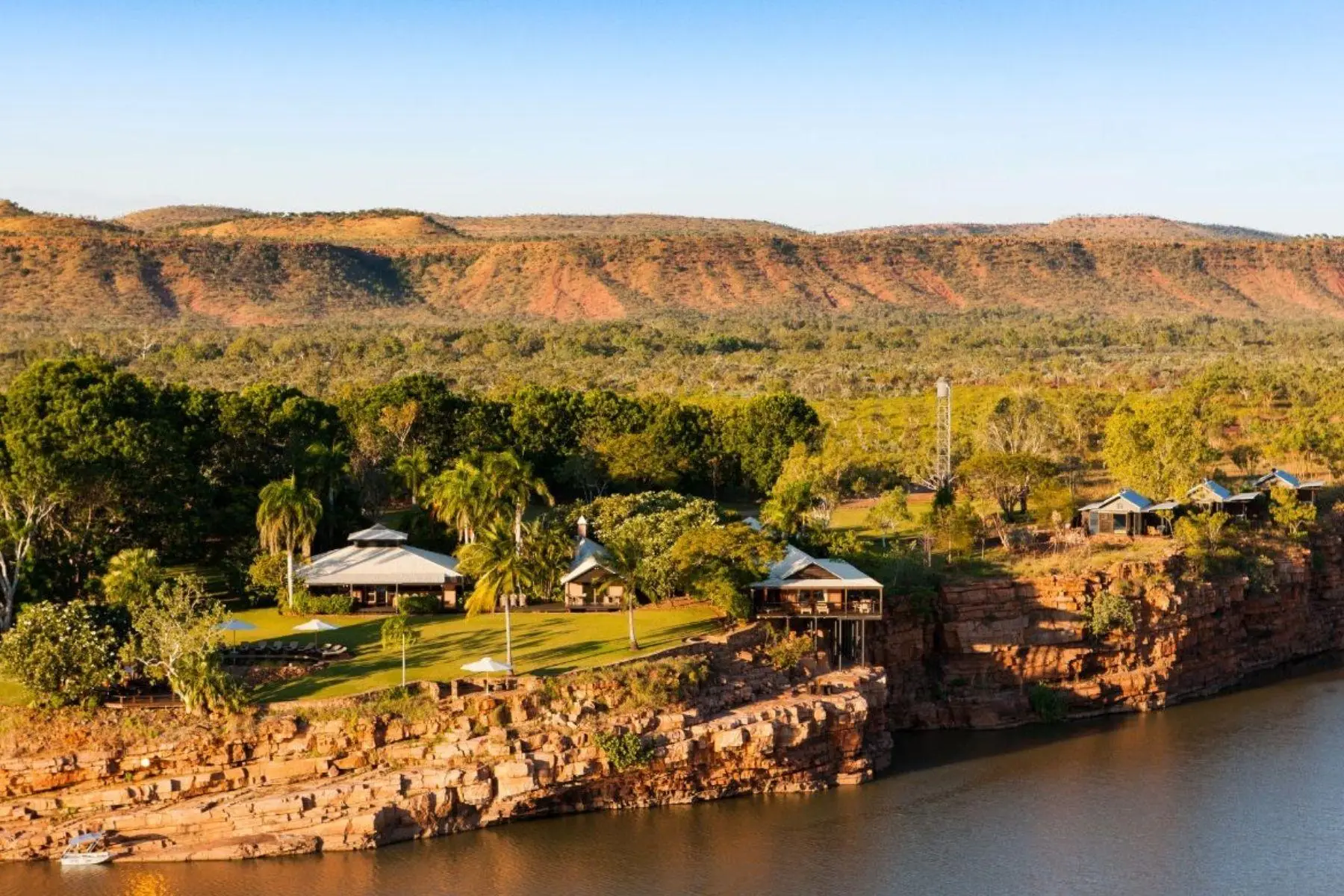Western Australia
WELCOME TO Western Australia
State Overview
Perth
2,645,615 km2
2.7 million
English

Popular
Geography and Tourist Attractions
Information about the state's tourist attractions, including popular destinations, events, and activities.

Purnululu National Park

Ningaloo Reef

The Kimberley
Political
Economy and Government
Western Australia, as a resource-rich state, possesses a strong economy driven by mining, oil, gas, and agriculture sectors. Its abundant reserves of iron ore, gold, and natural gas contribute significantly to Australia's exports. The state government plays a vital role in managing and regulating these industries while ensuring sustainable development and environmental protection.
The Western Australian government actively supports initiatives that promote economic diversification, innovation, and investment. It invests in infrastructure projects to facilitate trade and transportation, such as expanding ports and improving road and rail networks. Additionally, the government focuses on attracting skilled migrants and fostering entrepreneurship to drive economic growth.
Agriculture also plays a crucial role in the state's economy, with Western Australia being a major producer of wheat, barley, sheep, and beef. The government supports the agricultural sector through research and development programs, water resource management, and market access facilitation.
Furthermore, Western Australia's government promotes tourism, leveraging its natural beauty and unique attractions like Ningaloo Reef and the Kimberley region. It invests in marketing campaigns, infrastructure upgrades, and environmental conservation to attract domestic and international visitors.
In summary, Western Australia's economy thrives on its rich mineral resources, agricultural production, and tourism. The state government focuses on sustainable development, infrastructure investment, and diversification to ensure continued economic prosperity and improved quality of life for its residents.

History
History and Culture
Western Australia, a state with a rich history and diverse culture, has a fascinating heritage shaped by Indigenous cultures, European settlement, and multicultural influences. The area was traditionally inhabited by Aboriginal peoples for thousands of years, with their deep connection to the land and spiritual traditions leaving a lasting impact.
European exploration and settlement began in the 17th century, leading to the establishment of the Swan River Colony (now Perth) in 1829. The discovery of gold in the late 19th century sparked a gold rush, attracting migrants from around the world and significantly shaping the state's development.
The history of Western Australia is also marked by the forced removal of Aboriginal children, known as the Stolen Generations, and the struggles for land rights and reconciliation that continue today.
The state embraces its multiculturalism, with diverse communities contributing to its vibrant cultural landscape. Festivals, art exhibitions, and culinary experiences showcase the influences of different cultures, from Asian and European to Indigenous traditions.
Western Australia is home to renowned art galleries, museums, and performing arts venues, celebrating both local and international talent. It also boasts unique cultural events, such as the Perth Festival and the Duyfken 1606 Replica Ship, commemorating the state's historical connections with the Dutch explorers.
In summary, Western Australia's history and culture reflect a blend of Indigenous heritage, European settlement, and multicultural influences. The state's ongoing commitment to reconciliation and celebration of diversity ensures a dynamic and inclusive cultural experience for residents and visitors alike.
HOTELS

COMO The Treasury, Perth

Cable Beach Club Resort & Spa, Broome

El Questro Homestead, Kununurra
RESTAURANTS

Rockpool Bar & Grill, Perth

Star Anise, Albany

